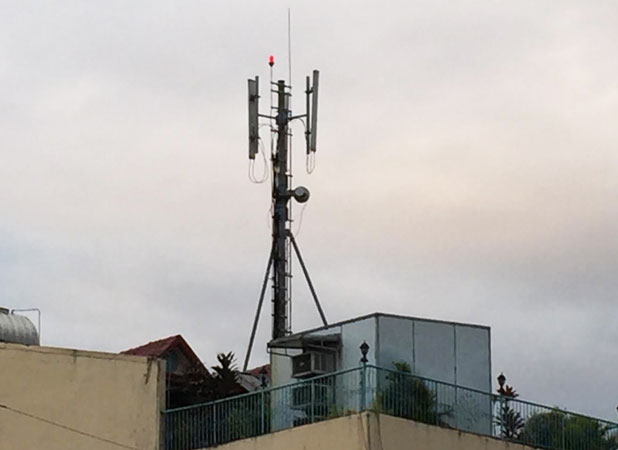
THE Department of Information and Communications Technology (DICT) said Tuesday it issued provisional certificates to 23 tower companies, allowing them to own, construct, manage, and operate common towers hosting cellular sites.
“Due to the ongoing health crisis and in compliance with President Rodrigo Roa Duterte’s directive, provisional certificates of registration were granted to ITCs (independent tower companies) that already have existing (agreements) with the DICT,” DICT Secretary Gregorio B. Honasan II said in a statement.
He added that the issuance of the provisional certificates, which are valid until Dec. 31, should provide the tower companies with enough time to complete all the requirements for full registration and permitting “within the time period.”
“Likewise, this should also provide enough time for ITCs to start their roll-out,” Mr. Honasan said further.
The 23 tower companies are: Aboitiz Infracapital, Inc.; ACODA Towers Sdn Bhd; Alt-Global-Solutions, Inc.; Transcend Towers Infrastructure (Philippines), Inc.; China Construction First Group Corp. and Wingan Construction and Development Corp.; China Construction Yangtze River (M) Sdn Bhd; China Energy Equipment Co., Ltd.; CREI Management Services FZE; Desarrollos Terrestres, Inc.; EEI Corp.; Frontier Tower Associates Philippines, Inc.; IHS Holding Limited; Inforient Sdn Bhd; ISOC EDOTCO Towers, Inc.; ISON Tower Ltd., Inc.; J.S Cruz Construction and Development, Inc.; MGS Construction, Inc.; Phil-Tower Consortium, Inc.; RT Telecom Sdn Bhd; Shinheung Telecom Co., Ltd.; Tamoin Industrial Services Corp.; Tiger Infrastructure Pte. Ltd.; and UA Withya Public Company Ltd.
Mr. Honasan noted the government wants the tower firms to immediately “mobilize and build” towers.
“We have to be diligent to ensure capacity of certified ITCs and we need to balance diligence with the urgency to improve our current ICT infrastructure,” he added.
PLDT, Inc. announced separately Tuesday that its wireless arm Smart Communications, Inc. secured a total of 211 building and preconstruction permits from the government for the towers it will build in Metro Manila and in at least 20 provinces.
“These permits cover towers to be built in Metro Manila and in the provinces of Batangas, Rizal, Palawan, Bohol, Cebu, Iloilo, Negros Occidental, Guimaras, Leyte, Samar, Southern Leyte, Camiguin, Davao Del Norte, Davao Oriental, Zamboanga del Sur, Zamboanga Sibugay, Misamis Oriental, North Cotabato, Lanao del Sur and Maguindanao, among others,” PLDT said in a statement.
Alfredo S. Panlilio, Smart president and chief executive officer and PLDT chief revenue officer, said: “Towers are just one element in the mobile network infrastructure of PLDT, and we have both fixed and mobile infrastructures. We have about 10,000 macro and micro-cell sites and more than 20,000 LTE base stations scattered across the country. Aside from towers, we need an extensive fiber optic network and we currently have at least 360,000 kilometers of fiber optic network. We also have data centers and partners for international capacity. That’s the kind of large-scale network that you would need to build in order to offer a competitive service.”
The DICT said recently there are 13 more tower firms that are interested in joining the common-tower program.
Under current rules, interested companies should obtain a certificate of registration from the DICT.
Telecommunications companies with legislative franchises and certificates of public convenience and necessity or CPCN are exempt from the requirement.
The DICT is encouraging tower sharing to improve cell site density, which is said to be one of the lowest in the region at 4,000 subscribers per tower. The common-tower policy means more than one telco can use a single tower, thereby increasing the number of subscribers being served by each tower. — Arjay L. Balinbin
